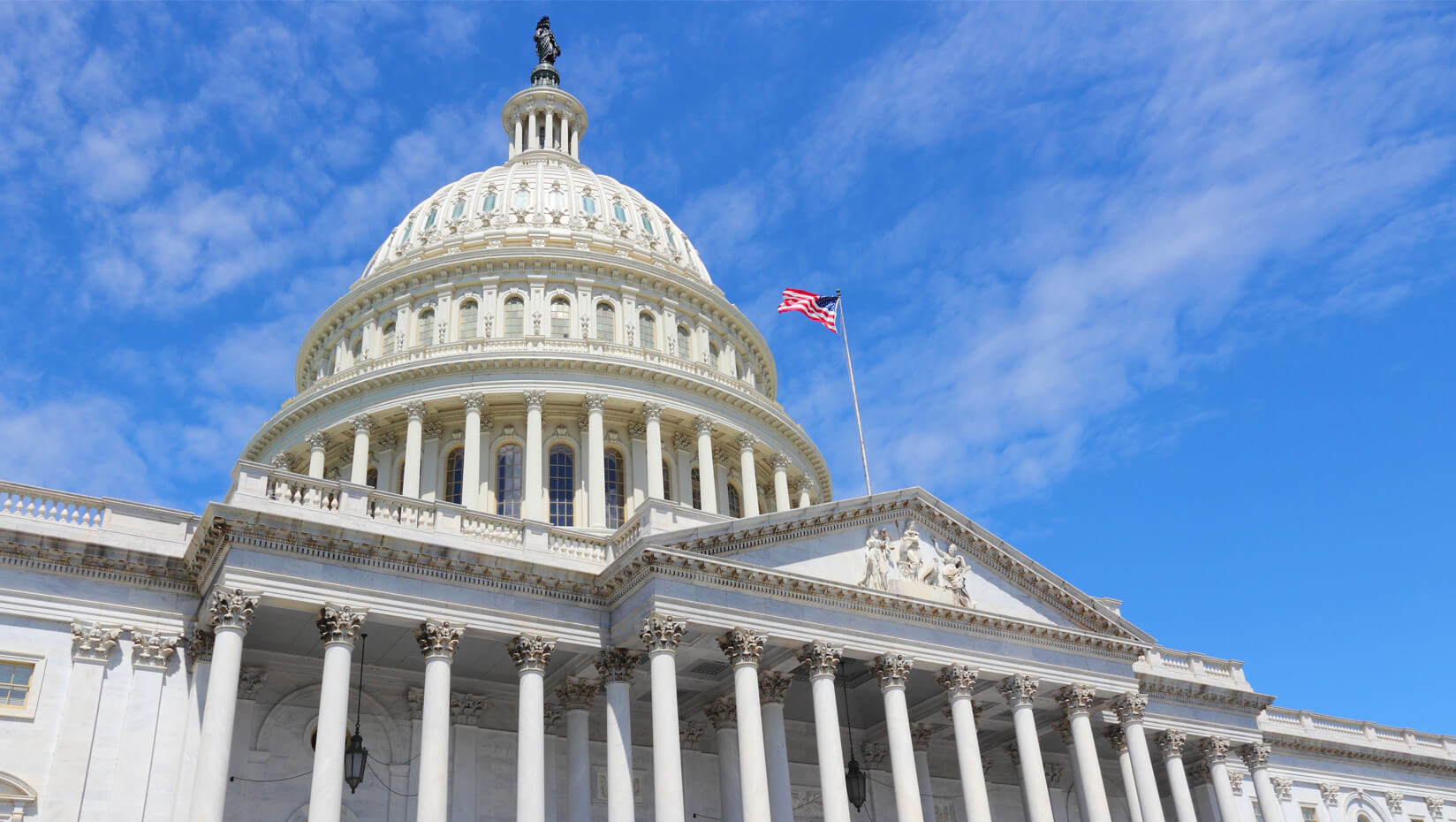
Elias’ essay on importance of science results in meeting with Congress
“They’re all at risk.”
Have you ever faced a roomful of people and had that thought? I did, a few weeks ago when I gave a talk to a group of UMaine Climate Change Institute scientists. I talk about ticks a lot. Deer ticks. Diseases they carry. I say Lyme disease in Maine, in New England, in the US, is too high. I know every person in the room has been bitten, almost bitten, had Lyme, or knows someone who has. And I know they’re at risk of future bites.
One reason ticks are so thick in Maine is climate change, meaning: warmer winters. Another reason is ecological imbalance. Too many deer, in some places. The wrong kinds of plants, in some places. We build houses and put up swing sets where ticks live. Why? Because we are not paying attention to policies and practices that put our health at risk. Lyme is the most common vector-borne illness and sixth most common notifiable disease in the US. What do we all want? We want Lyme to go away. No matter who we voted for.
Scientists say science informs policy. But so does policy inform science. We can’t do science unless Congress authorizes research funding. When the 535-member, 115th Congress was sworn in on January 3, 2017, there was only one STEM (Science, Technology, Engineering, and Mathematics) scientist, Rep. Bill Foster, D-Illinois. In an interview, Dr. Foster voiced concern about possible myopic Congressional cuts in research funding: “When you damage long-term scientific research, it damages the economy severely but not immediately.” On the flip side, he said that funding that finds cures for diabetes and Alzheimer’s could “solve the long-term fiscal crisis in Medicare” (Franz, J. 1/23/2017. “The only physicist in Congress, on the state of science on the Hill” Public Radio International).
The importance of the atmospheric, earth, and related sciences to the United States comprises nothing less than strengthening our long-term national, economic, and health security. With sophisticated earth system science, we can do things like:
- assist the Navy with sea level rise predictions to inform base relocation and strategize humanitarian assistance to low-lying nations;
- avert damages to agriculture and infrastructure;
- save health and lives by forecasting heat waves, severe storms, pollution and allergen events, and climatic conditions leading to infectious disease outbreaks (e.g., El Niño/Zika).
Without funding, our security is at risk. With funding, we can solve many security issues, and leverage socioeconomic prosperity.
More and more, climate scientists are called upon to better communicate their science. 314 Action, for example, calls for the STEM community to advocate for climate change solutions. We need to build rapport with our Congressional leaders and Hill staffers by understanding their constraints, speaking their language, and focusing on common interests. Going to DC with UCAR would polish off my interdisciplinary PhD curriculum by providing authentic training in policy development, and fuel a late-onset career in political advocacy. We need to open dialogues with our non-STEM Congressional leaders, and ratchet down risk.
